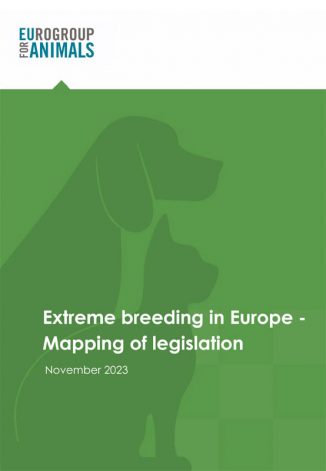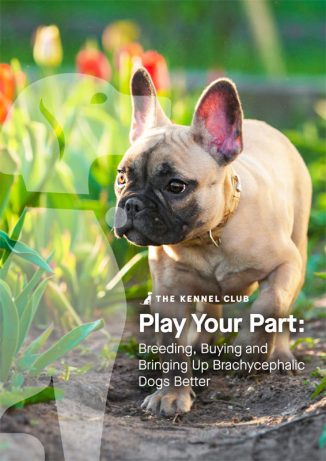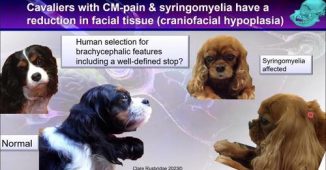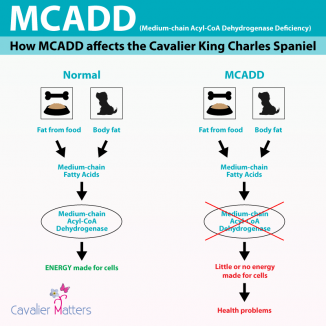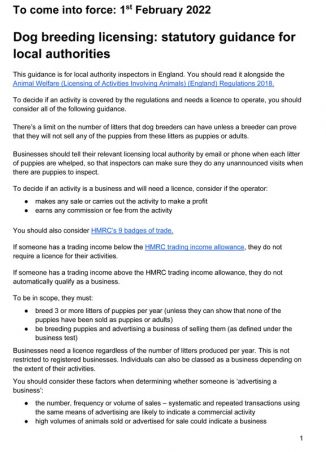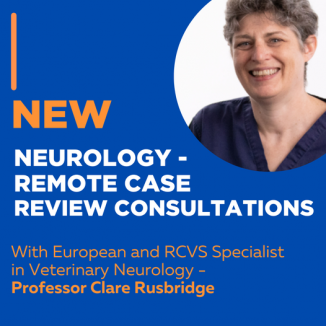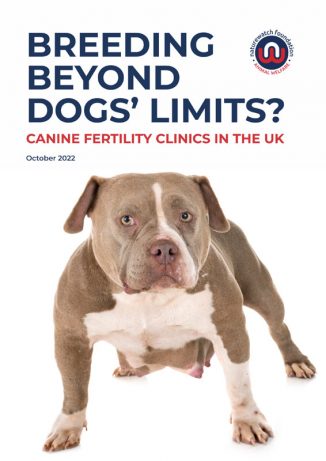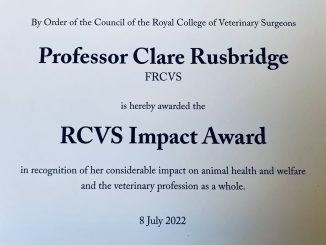 Congratulations to our patron, Professor Clare Rusbridge, who has collected her RCVS Impact Award.
Congratulations to our patron, Professor Clare Rusbridge, who has collected her RCVS Impact Award.
Many thousands of dogs have benefited from Prof. Clare Rusbridge’s Treatment Algorithm preventing pain and suffering.
There are over 27,000 vets and 17,000 registered veterinary nurses in the UK – and only up to 2 RCVS Impact Awards can be bestowed in any year.
The award is bestowed upon a veterinary surgeon or veterinary nurse who has recently, or is currently, undertaking a project, initiative or similar that has a significant impact on the profession at large, animal health or welfare, or public health. Such impact could have been made through any field of veterinary endeavour, including clinical practice, research, education or veterinary politics.
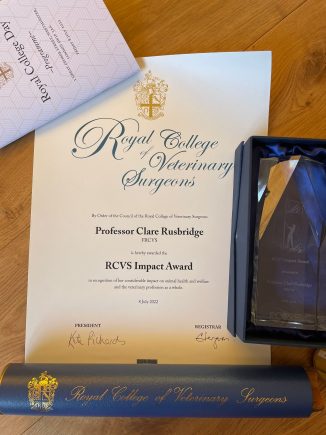 Cavalier Matters supported Clare’s nomination – we felt it was important to acknowledge Clare’s contribution to the understanding and management of Chiari-like malformation and Syringomyelia [CM/SM].
Cavalier Matters supported Clare’s nomination – we felt it was important to acknowledge Clare’s contribution to the understanding and management of Chiari-like malformation and Syringomyelia [CM/SM].
Clare chose to investigate Chiari-like malformation and Syringomyelia [CM/SM] for her PhD. Sadly this painful condition is very prevalent in Cavalier King Charles Spaniels (and also affects other breeds). Clare provided the first comprehensive description and her work since has enabled further understanding in addition to greatly improving treatment.
Clare helped establish a health scheme for testing for CM/SM [requested by breeders].
Clare created the treatment algorithm, which is now used worldwide; it revolutionised the prescribing of appropriate medications by veterinarians. Thousands of pet owners are sadly unable to afford to consult with a neurologist, so this prevents unnecessary suffering.
The Cavalier Matters charity has over 42,000 followers on social media; the Companion Cavalier Club has over 220 members. Clare donates her precious free time helping with their websites and in particular, information posters about CM/SM to ensure they are distributing correct information.
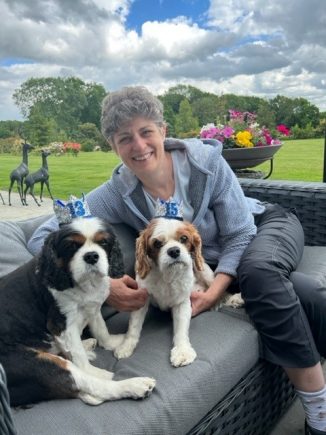 Clare also gives presentations at health seminars for Cavalier owners, supplying information on the latest research and answering questions, including how to achieve the best quality of life for their companion and understanding the management of pain relieving medications.
Clare also gives presentations at health seminars for Cavalier owners, supplying information on the latest research and answering questions, including how to achieve the best quality of life for their companion and understanding the management of pain relieving medications.
Many owners travel hundreds of miles with their companions to consult with Clare; they truly value her expertise and experience.
 Happy 17th Birthday to our most beautiful, perfect and handsome boy.
Happy 17th Birthday to our most beautiful, perfect and handsome boy. Dougall and Molly are the inspiration behind Cavalier Matters charity. The very reason it was formed was due to the experiences dealing with both Molly and Dougall’s diagnoses (CM and CM/SM – Syringomyelia) and the struggle to understand these complicated conditions. At that time there was very little information.
Dougall and Molly are the inspiration behind Cavalier Matters charity. The very reason it was formed was due to the experiences dealing with both Molly and Dougall’s diagnoses (CM and CM/SM – Syringomyelia) and the struggle to understand these complicated conditions. At that time there was very little information.

